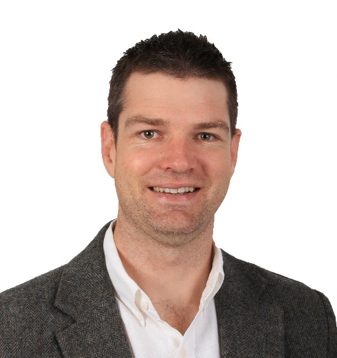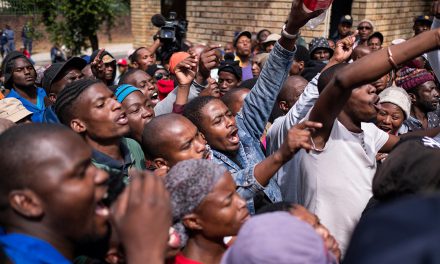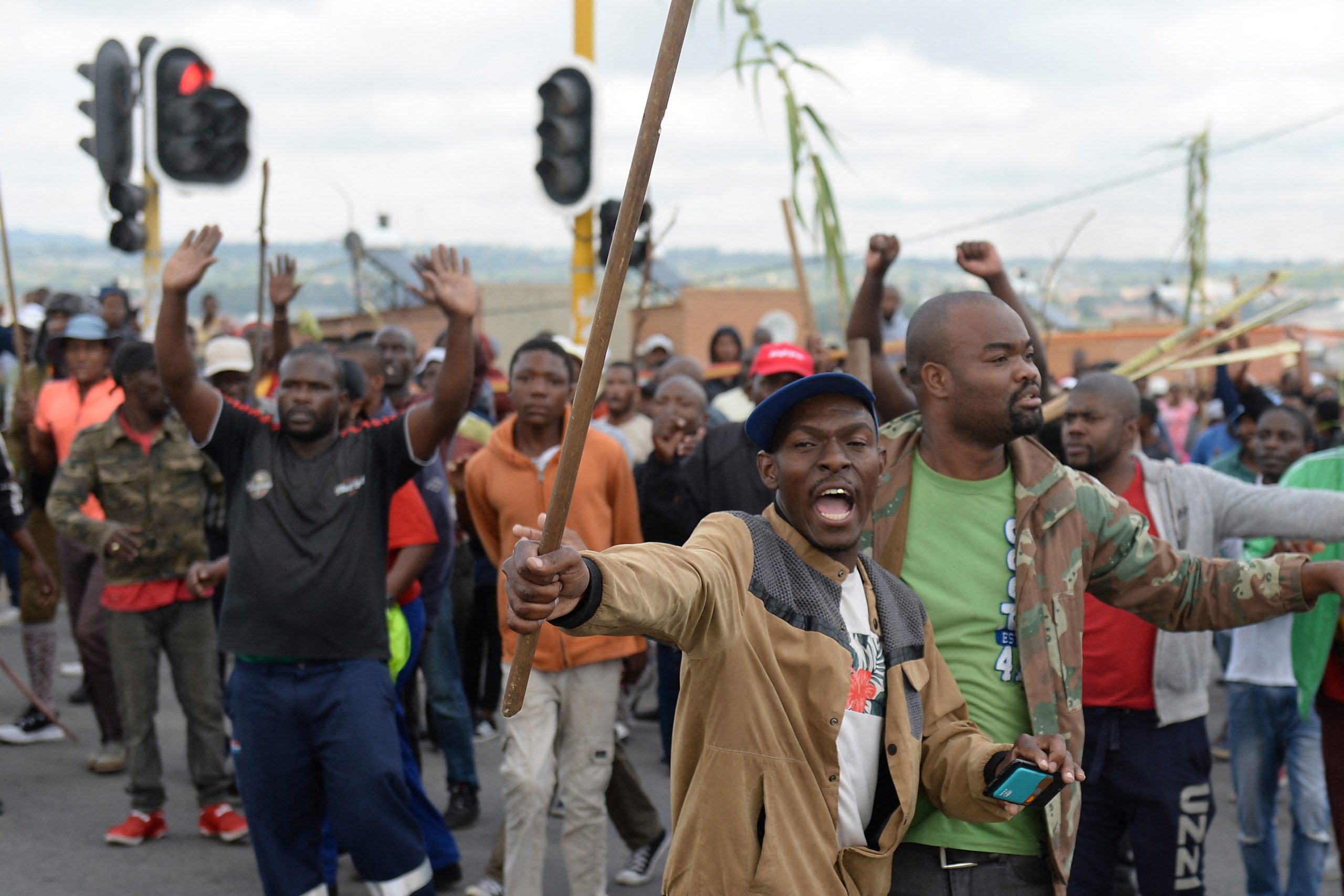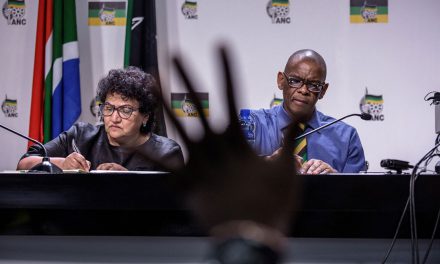COVID-19: A GGA RESPONSE

MAY 2020
The likely impact of COVID-19 on the extractive industries and it’s governance implications
COVID-19, the disease caused by the SARS-CoV-2 virus, has been declared a pandemic by the World Health Organization (WHO). Global policy responses have shut down economic activity in attempts to flatten the curve – to prevent a stiletto-type impact on the capacity of healthcare systems to provide care for COVID-affected patients. Recent projections from the Asian Development Bank suggest that resultant global economic losses could amount to between $5.8tn and $8.8tn (Asian Development Bank 2020). African countries appeared, initially, to be particularly susceptible to the negative social and economic consequences unleashed by COVID-19 (The Economist 2020).
However, the demographic profile of many developing countries, not only in Africa, entails a ‘youth bulge’, and the elderly – most susceptible to contracting severe forms of the virus – tend to live at home rather than in concentrated spatial locations (Cash and Patel 2020). Though a lack of data and testing capacity is a governance concern throughout the continent, African countries thus far have relatively low numbers of recorded infections. Nonetheless, the global figures make for gloomy reading. Total cases at the time of writing stand at 5,462,447; recorded deaths amount to 344,503 (Johns Hopkins University 2020).
A looming governance question is how countries will respond to the economic contraction and address looming fiscal deficits in the wake of vastly reduced tax bases (Roubini 2020). For many African countries, dependent on natural resources for exports and foreign exchange revenue, economic recession will have a devastating effect on livelihoods. The World Bank estimates that, globally, 49 million more people will be pushed into ‘extreme poverty’, with sub-Saharan Africa likely to suffer disproportionately (Gerzon Mahler et al. 2020). Extractive industries are particularly susceptible to the worst impacts of the economic downturn as they are capital-intensive businesses deeply connected to global supply chains. Find out more here: Extractive Industries and Governance Implications Document
Ross is a natural resource economist and policy analyst, and he has been dealing with governance issues in various forms across this sector since 2007. He has a PhD in economics from the University of Cape Town, and his thesis research focused on the political economy of oil and institutional development in Angola and Nigeria. While completing his PhD, Ross worked as a senior researcher on extractive industries and wildlife governance at the South African Institute of International Affairs (SAIIA), and in May 2019 became an independent conservation consultant. Ross’s task at GGA is to establish a non-renewable natural resources project (extractive industries) to ensure that the industry becomes genuinely sustainable and contributes to Africa achieving the Sustainable Development Goals (SDGs).
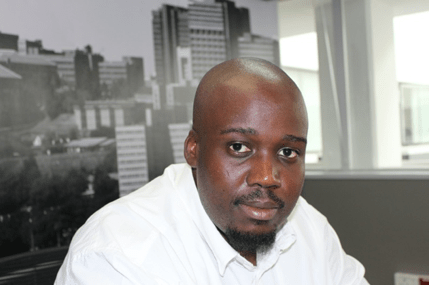
Sixolile holds a Masters of Commerce (M.com) in Economics from the University of Fort Hare, where he worked on the National Income Dynamics study (NIDS), based at the University of Cape Town, for Econometric research (econometric modelling, data coding, data mining, data analysis and interpretation). Sixolile has two B.com undergraduate degrees (in economics and in business financial management and industrial psychology). For his B.com Honours he majored in econometrics and economics. He has multidisciplinary skills, including an intersection of machine learning and data science (PYTHON and R-programming). Sixolile has background experience in natural resources, working with AngloGold Ashanti in the finance department. Later, he joined CNH-Industrial as a junior strategic developer and government relations. In 2019 he joined Good Governance Africa as a lead researcher, where he is responsible for quantitative and qualitative data management and statistical analysis on research projects relating to natural resources, land reform, and policy analysis, among others. At university he was in involved in starting an academic society, New Economic Horizon, that fostered a working relationship between the Auditor-General’s office in the Eastern Cape and the University of Fort Hare’s accounting department.
Dr Ross Harvey is a natural resource economist and policy analyst, and he has been dealing with governance issues in various forms across this sector since 2007. He has a PhD in economics from the University of Cape Town, and his thesis research focused on the political economy of oil and institutional development in Angola and Nigeria. While completing his PhD, Ross worked as a senior researcher on extractive industries and wildlife governance at the South African Institute of International Affairs (SAIIA), and in May 2019 became an independent conservation consultant. Ross’s task at GGA is to establish a non-renewable natural resources project (extractive industries) to ensure that the industry becomes genuinely sustainable and contributes to Africa achieving the Sustainable Development Goals (SDGs). Ross was appointed Director of Research and Programmes at GGA in May 2020.

Sixolile Ngqwala holds a Master of Commerce (MCom) in Economics from the University of Fort Hare, where he worked on the National Income Dynamics study (NIDS), based at the University of Cape Town, for Econometric research (econometric modelling, data coding, data mining, data analysis and interpretation). Sixolile has two BCom undergraduate degrees (in economics and in business financial management and industrial psychology). For his BCom Honours he majored in econometrics and economics. He has multidisciplinary skills, including an intersection of machine learning and data science (PYTHON and R-programming). Sixolile has background experience in natural resources, working with AngloGold Ashanti in the finance department. Later, he joined CNH-Industrial as a junior strategic developer and government relations. In 2019 he joined Good Governance Africa as a lead researcher, where he is responsible for quantitative and qualitative data management and statistical analysis on research projects relating to natural resources, land reform, and policy analysis, among others. At university he was involved in starting an academic society, New Economic Horizon, that fostered a working relationship between the Auditor-General’s office in the Eastern Cape and the University of Fort Hare’s accounting department.



